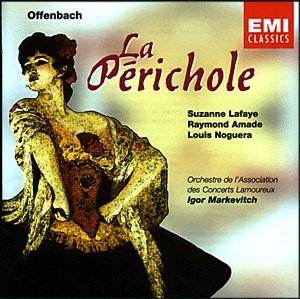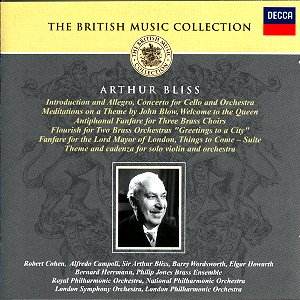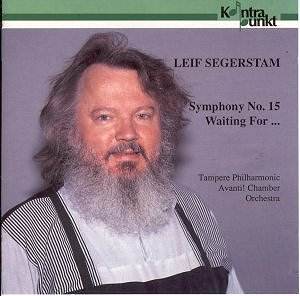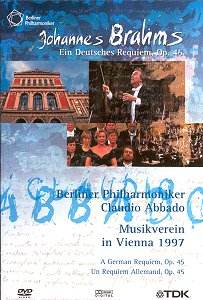 Composer: Various
Composer: Various
Works: Patterning (Tansy Davies), Saturnine (Jonathan Powell), Constellations (Mary Bellamy), Buoy (Morgan Hayes), Partners in Psychopathology (Sam Hayden), Caught (Jonathan Cole), Green Plastic, Pink Oil and Water (Rachel Leach), Deep in your Coral Caves (Alastair Stout), A Beast of Burden (Julia Simpson), Cadence (Oscar Bettison), Los Rábanos (Richard Baker), Rat-Race (Alison Kay), Chanctonbury Ring (Deborah Pritchard)
Performers: The Hoxton Thirteen Composers’ Ensemble, conducted by Peter Wiegold
Recording: St Silas, Chalk Farm, London, January 2001
Label: NMC D 076
The release of “The Hoxton Thirteen” showcases a vibrant cross-section of contemporary British composition, featuring thirteen distinct voices from the Hoxton New Music Days initiative. Each composer, navigating the fertile grounds of modern music, offers a five-minute vignette that reflects their unique aesthetic and technical prowess. This project not only exemplifies the rich tapestry of new music but also serves as a platform for young composers, many of whom are already establishing their identities within a competitive landscape. The recording is a commendable endeavor to capture the vivacious spirit of the early 21st-century British music scene.
The performances by the Composers’ Ensemble under Peter Wiegold are characterized by a palpable sense of energy and commitment, illuminating the intricate textures woven throughout the pieces. Tansy Davies’s “Patterning” opens the collection with a dynamic interplay of rhythmic motifs that vividly captures the listener’s attention, exhibiting a deft use of instrumental color. Jonathan Powell’s “Saturnine” follows suit, employing a somber yet engaging harmonic language that speaks to the emotional breadth these young composers are beginning to explore. The ensemble’s technical precision allows for a clear delineation of the complex counterpoint and layered textures, particularly in the more intricate works such as Sam Hayden’s “Partners in Psychopathology,” where the ensemble’s agility is put to the test.
Recording quality is paramount in this collection, and NMC has ensured that each piece is rendered with clarity and depth. The acoustics of St Silas provide a warm resonance that complements the often delicate interplay among instruments. This is especially noticeable in Alastair Stout’s “Deep in your Coral Caves,” where the impressionistic qualities shine through, supported by a rich sound palette that evokes a sense of underwater exploration. The engineering captures the nuances of dynamic shifts and articulations, allowing the listener to appreciate the subtleties of each composer’s voice.
While each piece stands on its own, the thematic and stylistic diversity across the album is noteworthy. Rachel Leach’s “Green Plastic, Pink Oil and Water” showcases a playful approach, employing whimsical motifs and textures that invite humor and lightness, creating a refreshing contrast to the more introspective works by composers such as Oscar Bettison and Richard Baker. The inclusion of minimalist elements in Bettison’s “Cadence”—a piece built entirely on a singular downward phrase—demonstrates a broader trend within contemporary music that this collection captures well. The juxtaposition of such minimalist tendencies alongside more traditional harmonic explorations reflects the evolving landscape of modern composition.
The concluding piece, Deborah Pritchard’s “Chanctonbury Ring,” serves as a fitting finale to this compelling collection. Its lively Scherzo is a testament to the technical mastery and expressive potential of the ensemble, culminating in a whirlwind of instrumental velocity that encapsulates the youthful vigor of the composers involved.
This compilation not only highlights the promising talents of a generation of British composers but also reinforces the significance of dedicated ensembles like the Composers’ Ensemble in nurturing new artistic voices. The technical mastery displayed by each composer, combined with the ensemble’s spirited interpretations, creates a vibrant musical tapestry that is both engaging and thought-provoking. Such a collection is essential for anyone wishing to understand the current state of British contemporary music and offers a clear indication that these composers are destined to shape the future of the genre.



